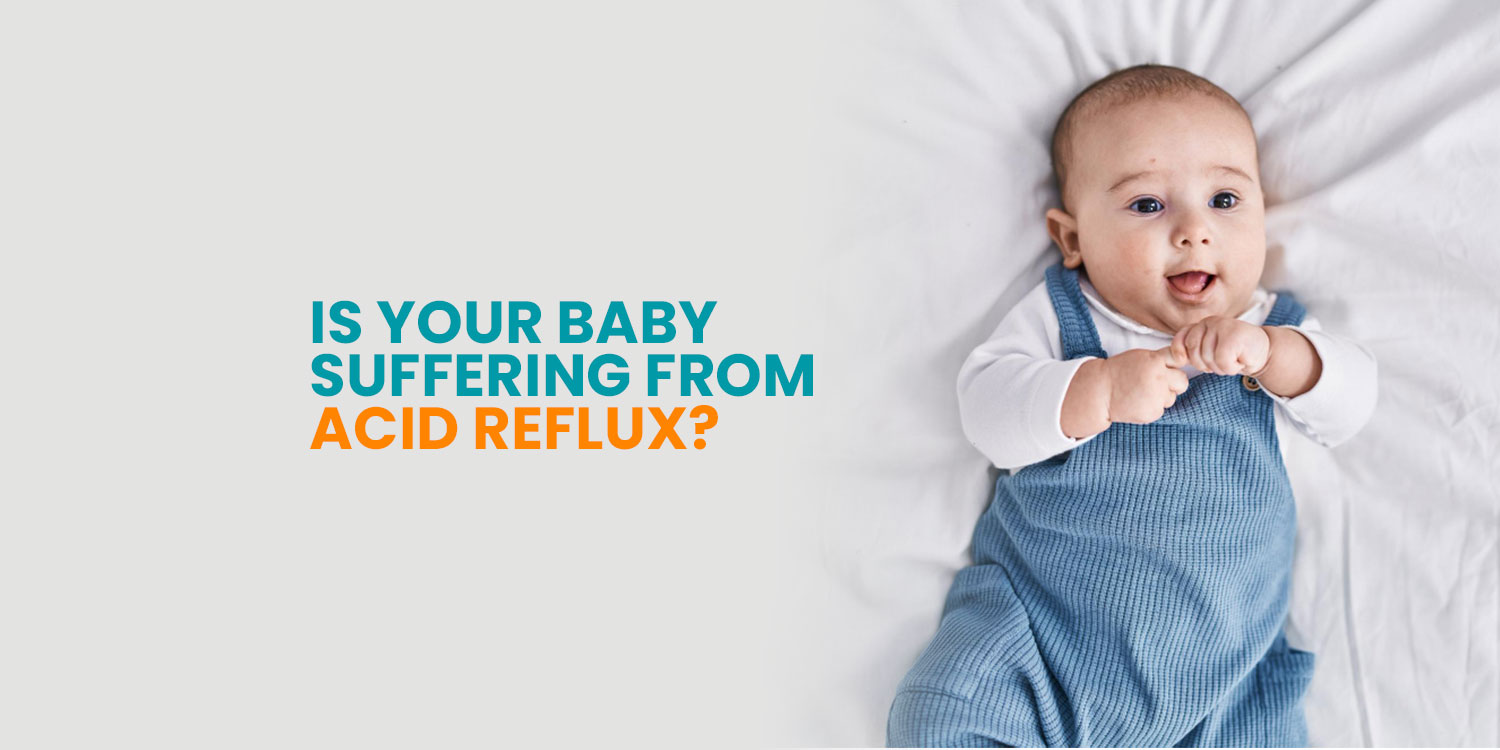Understanding Heartburn in Newborns: What Every Parent Should Know
When you have a fussy newborn, it can feel overwhelming trying to figure out what’s wrong. Is it colic? Are they hungry? Are they sleepy? The cycle of possibilities can seem endless, leaving parents exhausted and frustrated. But one potential cause that often gets overlooked is heartburn.
Could It Be Heartburn?
Acid reflux, or gastroesophageal reflux (GER), occurs when stomach acid flows back into the esophagus, causing discomfort. In newborns, this can happen due to an immature digestive system. The good news? Infant acid reflux is usually treatable, and in many cases, newborns outgrow it as their digestive system matures.
If necessary, pediatricians can prescribe heartburn medications that are specially formulated for newborns. These medications are well-tolerated, with minimal side effects, and can provide quick relief for your little one.

Signs Your Baby May Have Heartburn
Not all fussiness in newborns is due to acid reflux, but there are some key signs that may indicate your baby is experiencing discomfort from heartburn:
- Forceful spit-up, especially after one month of age. While spitting up is common in babies, forceful or projectile vomiting followed by crying and fussiness may indicate reflux.
- Refusing to eat or difficulty swallowing. If your baby seems uncomfortable or arches their back while feeding, this could be a sign of heartburn.
- Irritability during hiccups. Frequent hiccups that cause distress may be linked to acid reflux.
- Spitting up liquid during hiccups or burps. This can indicate acid rising back up into the esophagus.
- Poor weight gain. If your baby is not gaining weight as expected, reflux may be interfering with their ability to absorb nutrients properly.
- Frequent coughing, gagging, or choking. These symptoms can occur when stomach acid irritates the throat.
- Disrupted sleep. If your baby has trouble sleeping through the night or wakes frequently due to discomfort, reflux may be the culprit.

What Can You Do?
If you suspect your baby has acid reflux, it’s important to consult with their pediatrician. Don’t hesitate to ask questions and advocate for your little one’s comfort. Some strategies that may help include:
- Feeding adjustments: Keeping your baby upright during and after feedings can reduce reflux episodes.
- Burping frequently: Pausing to burp your baby during feedings can help prevent excess gas from worsening reflux symptoms.
- Smaller, more frequent feedings: Overfeeding can contribute to reflux, so adjusting feeding amounts may help.
- Medication if necessary: In cases where reflux is causing significant discomfort or affecting weight gain, your pediatrician may recommend a safe and appropriate medication.

Trust Your Parental Instincts
You know your baby best, and if something doesn’t seem right, don’t be afraid to speak up. Reflux can be distressing for both baby and parents, but with proper care and guidance from a healthcare professional, relief is possible.

References
- National Institute of Diabetes and Digestive and Kidney Diseases. “Gastroesophageal Reflux in Infants.” https://www.niddk.nih.gov
- American Academy of Pediatrics. “Reflux and GERD in Infants.” https://www.healthychildren.org
- Mayo Clinic. “Infant Reflux – Diagnosis and Treatment.” https://www.mayoclinic.org




